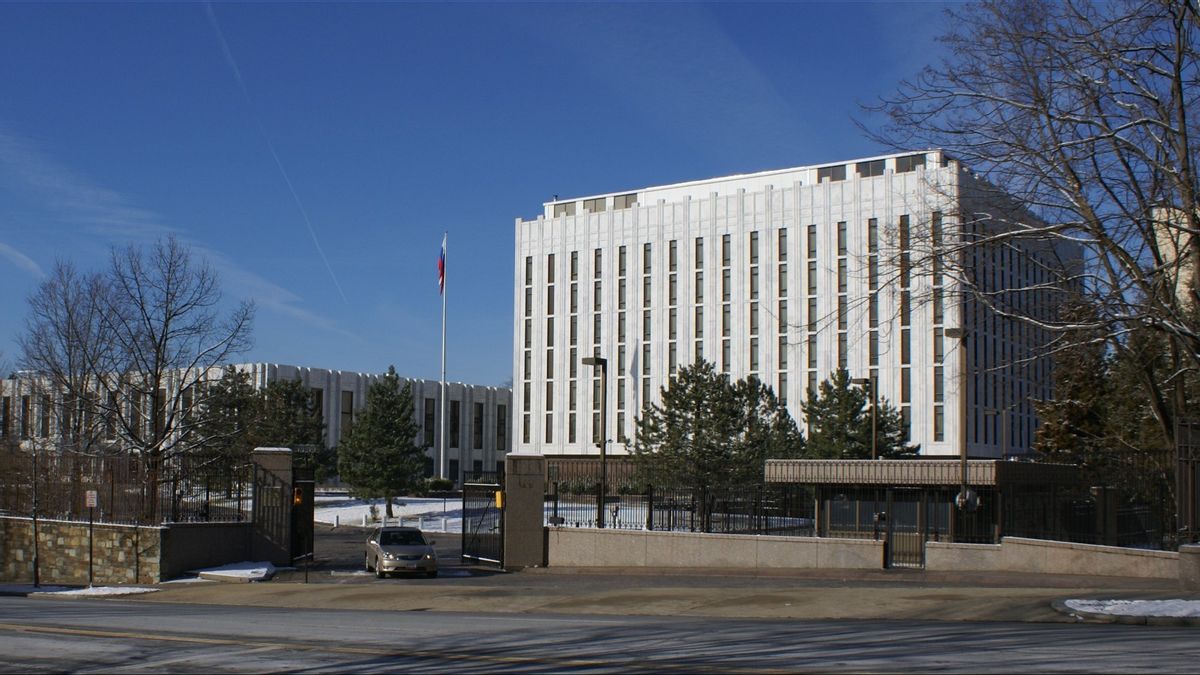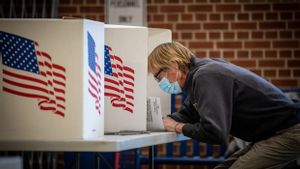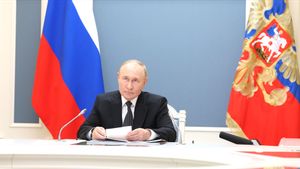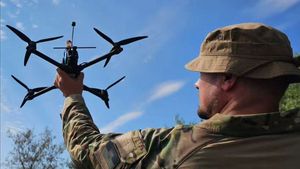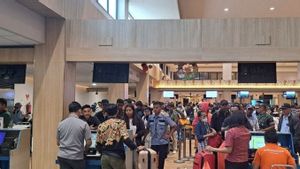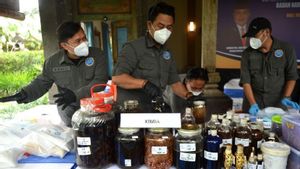JAKARTA - The Russian Embassy in Washington described reports of false bomb threats from Russian email domains, directed to polling sites in four battlefield states in the elections of the United States Georgia, Michigan, Arizona, and Wisconsin and are said to be intervening operations, as malicious slander.
"We want to emphasize that Russia does not interfere and will not interfere in the domestic affairs of other countries, including the United States," the embassy said in a statement.
"As President Vladimir Putin has repeatedly emphasized, we respect the wishes of the American people," the embassy said.
As previously reported, the threat of a fake bomb, which appears to have come mostly from Russian email domains, was directed Tuesday at polling sites in four states of the battlefield - Georgia, Michigan, Arizona, and Wisconsin - as Election Day voting is underway, the FBI said.
"So far there has been no credible threat," the FBI said in a statement, adding election integrity was one of the bureau's highest priorities.
Incumbent Vice President Kamala Harris, paired with Democratic Walz Team, competed with Donald Trump and JD Vance who were promoted by Republicans in the presidential election which began on November 5.
Both Harris and Trump require at least 270 electoral votes out of a total of 538 electoral votes up for grabs to win the White House seat.
Quoted from The New York Times, Harris is estimated to have secured 226 electoral votes, while Trump has 219 electoral votes. Harris is expected to need an additional 44 electoral votes, while Trump will need 51 electoral votes if he wants to win the 47th presidential election contest for Uncle Sam's country.
Citing VOA, the latest New York Times/Sienna College poll shows Harris and Trump are competing in seven states, with a margin of error of 3.5 percent poll results. Harris is a narrow lead in Nevada, North Carolina and Wisconsin. Trump is narrowly ahead in Arizona. The two are competing in Michigan, Georgia and Pennsylvania.
Separately, a senior US cyber official said his agency did not see any significant incidents on Election Day.
Cait Conley, of the US Cybersecurity and Infrastructure Agency, told reporters there was little evidence of significant disruption to election infrastructure.
"Currently, we have not tracked any significant national-level incidents that affect the security of our election infrastructure," Conley, whose agency is responsible for protecting critical American infrastructure, including election infrastructure.
The fake bomb threat marks the latest in a series of instances of alleged Russian interference in the 2024 election.
On November 1, US intelligence officials warned Russian actors of making videos that mistakenly described Haitians voting illegally in Georgia.
SEE ALSO:
Intelligence officials also found Russia making separate fake videos that mistakenly accused someone associated with presidential candidate Kamala Harris of accepting bribes from a entertainer.
US intelligence officials also accused Russia of interfering in the previous US presidential election, particularly the 2016 elections Trump won against Democrat candidate Hillary Clinton.
The US then indicted 12 Russian military intelligence officers on suspicion of their role in interfering in the 2016 elections.
The English, Chinese, Japanese, Arabic, and French versions are automatically generated by the AI. So there may still be inaccuracies in translating, please always see Indonesian as our main language. (system supported by DigitalSiber.id)
